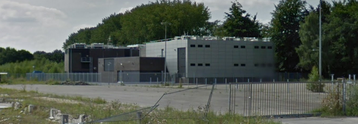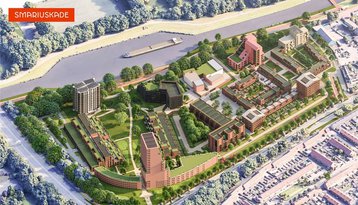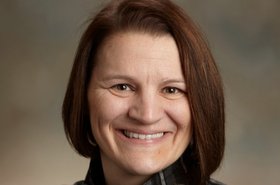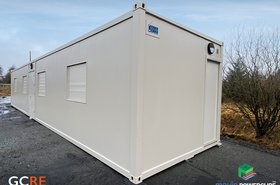Dutch telco VodafoneZiggo is to connect its data center in Tilburg to a new district heating scheme.
The company this week announced it was partnering with local real estate developer SDK Vastgoed to set up a ‘sustainable energy system’ for the new residential area, Smariuskade, in Tilburg, the Netherlands.
The new city district will be heated with residual heat produced by the company’s data center, located on the Smarius site.
The company said the ‘cold from the soil of the district’ will then be supplied back to the data center, which will be used to cool the equipment.
Leo-Geert van den Berg, director of fixed networks at VodafoneZiggo, said: "By working together, we use energy more efficiently and we also provide a quiet living environment, because the cooling fans on the roof of the data center no longer have to be switched on."
Mark Janssens, MT member SDK Vastgoed, added: “When developing an area, we strive to create space for carefree living, with an eye for the future generation. Through this collaboration with VodafoneZiggo for the new Smariuskade district, we are taking responsibility in this.”
Construction of the new district is set to begin in late 2023/early 2024 and see 721 rental and owner-occupied homes built on the Ringbaan Noord in Tilburg, where the biscuit and rusk factory of the Smarius family used to be.
Jeroen Hoencamp, CEO of VodafoneZiggo: “As a telecom company, we take our responsibility with strong ambitions to support the energy transition and to make ourselves and our chain partners more sustainable. The collaboration with SDK Vastgoed is a concrete example of this. Our first Integrated Report was published this week, in which we show, among other things, the steps we are taking towards the sustainability ambition of reducing our CO2 emissions by 50% by 2025.”
VodafoneZiggo is a joint venture formed by Vodafone and Liberty Global-owned telco Ziggo in 2016.
Details of the Tilburg facility are limited, but Google Maps satellite images suggest a facility of around 7,400 sq ft (690 sqm). A 2018 Unica case study suggests the telco operates two core data centers plus 60 Edge facilities and 600 smaller sites.








